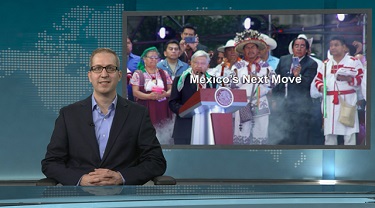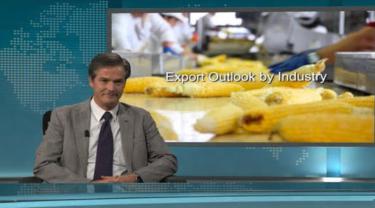Canada’s auto sector has been through the wringer, between CUSMA negotiations, key OEM investment decisions, market conditions and now the change in Mexican leadership. For the moment, there seems to be a sense that the AMLO government will respect the investments that are in place, but the future has become a bit more cloudy. The cancellation of ProMéxico, the agency responsible for attracting investments into Mexico, and the accompanying announcement of the termination of financial assistance for inbound foreign auto sector OEMs suggests that investments are welcome, but will not get the same red-carpet treatment. As these have been significant to overall Mexican performance in recent years, this, together with the late stage of the North American auto cycle is not likely to bode well for big, new auto sector market entry or expansion projects.
Mexico’s own brand of populist reactionism is having the same effect as elsewhere on the planet: at the very moment in the economic cycle that business investment should be ramping up – to address capacity constraints and significant pent-up demand – policy changes, whether rumoured or actual, are causing businesses to freeze up. Mexican operations, like those in the rest of the world, are quite busy processing current orders, and we expect this to continue. But longer-term commitments are clearly on hold until more is known about the rules of the game.
One further concern goes beyond policy announcements, to policy execution. The salary cap on public workers poses a risk to retention of talent: there are fears that the machinery needed to implement policy changes may be compromised.

















